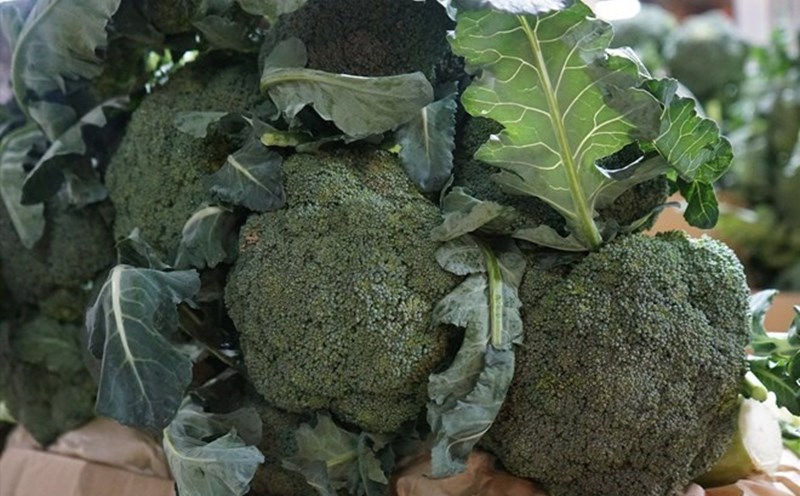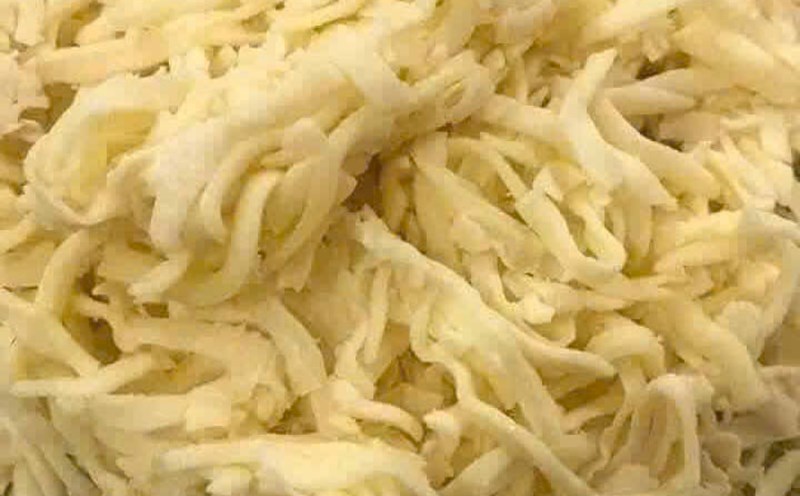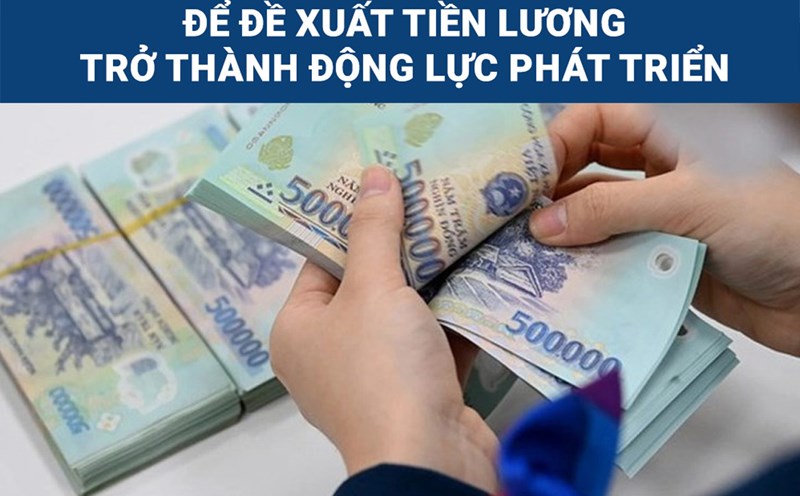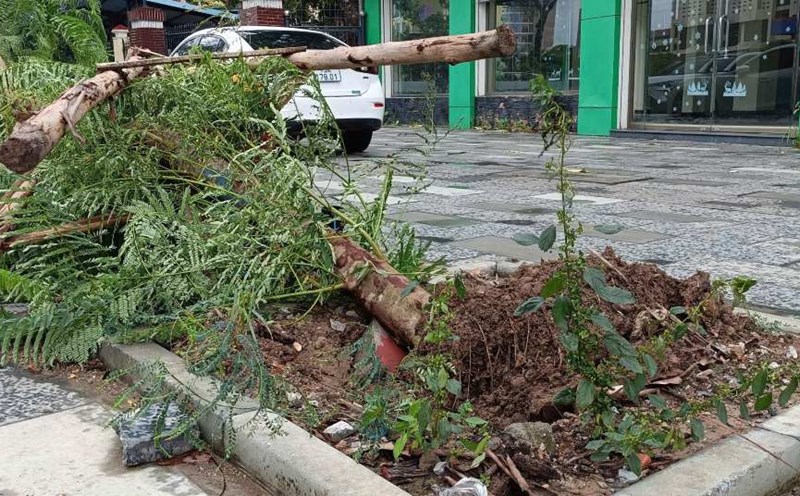Potassium is an essential mineral that helps maintain a stable heart rate, transmit neurons and balance fluids. However, in people with kidney failure, the ability to filter and excrete potassium is reduced, leading to increased potassium in the blood.
According to the report of the International kidney Association 2024: people with chronic kidney disease need to keep their blood potassium levels in the range of 3.5-5.0 mmol/L.
Eating foods that are too rich in potassium, such as bananas, can cause blood potassium to spike, leading to arrhythmia, even sudden cardiac arrest.
A medium-sized banana (about 120g) contains an average of 422 mg of potassium, much higher than the recommended meal allowance for people with kidney disease in stage 3-4 (usually only take < 2000 mg of potassium/day, depending on the severity of the disease).
When the kidneys cannot excrete all the excess potassium, the potassium accumulated in the blood will cause:
Heart electricity transmission disorders: causing the heart to beat slowly, astigmately or stop.
Muscle weakness, numbness: due to electrolyte imbalance disorder.
Increases the metabolic burden on the kidneys: as the kidneys have to try to filter higher than normal potassium.
The National Kidney Foundation (NKF, 2023) emphasizes that hyperkalemia is one of the common dangerous complications in people with chronic kidney disease, which needs to be controlled through diet.
In addition to potassium, bananas contain a significant amount of water and carbohydrates. If you eat a lot of bananas, you can increase your water and blood sugar intake, leading to:
Osteoporosis: due to the kidneys reducing their ability to excrete fluid.
Increased blood sugar: in patients with both kidney failure and diabetes, this further reduces kidney function.
WHO recommends that people with kidney disease need to control both potassium and their daily sugar intake well.
How to eat bananas safely if you really want to eat:
Not everyone with kidney failure absolutely prohibits eating bananas, but it is necessary to limit and have a plan:
Eat small amounts: up to half a banana (60g) and do not eat it for many consecutive days.
Monitoring blood potassium periodically: follow the advice of a doctor or kidney nutritionist.
Combine with other low- potassium diets: avoid eating many potassium-rich fruits such as oranges, avocados, and watermelon at the same time.











